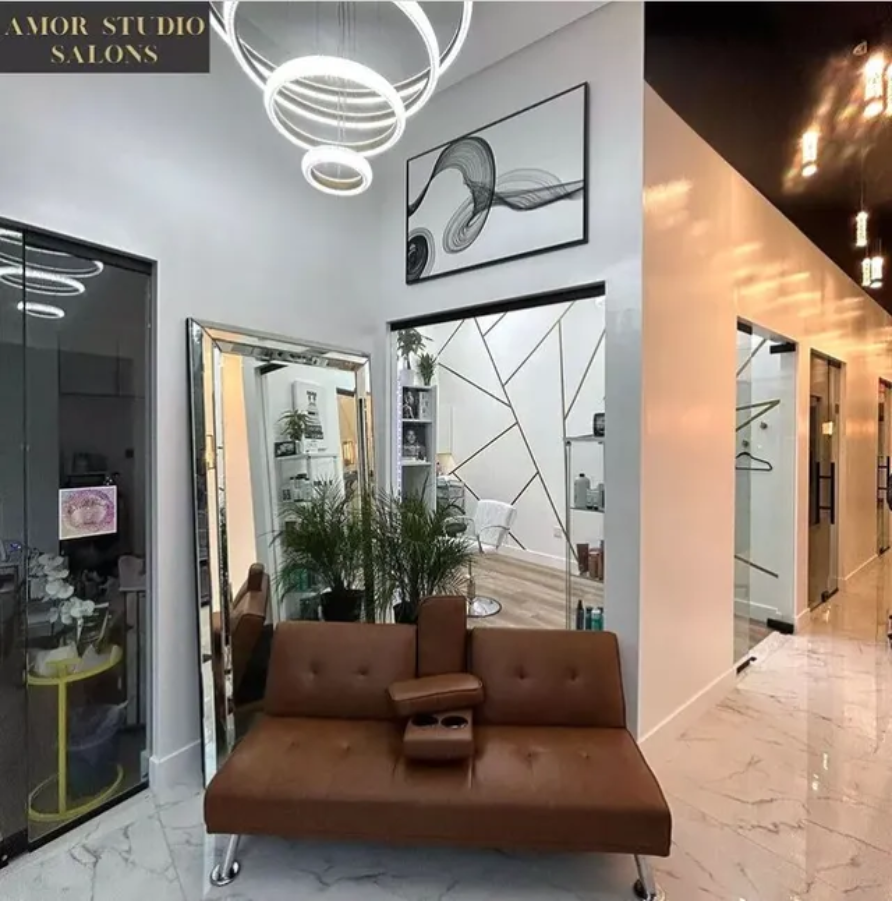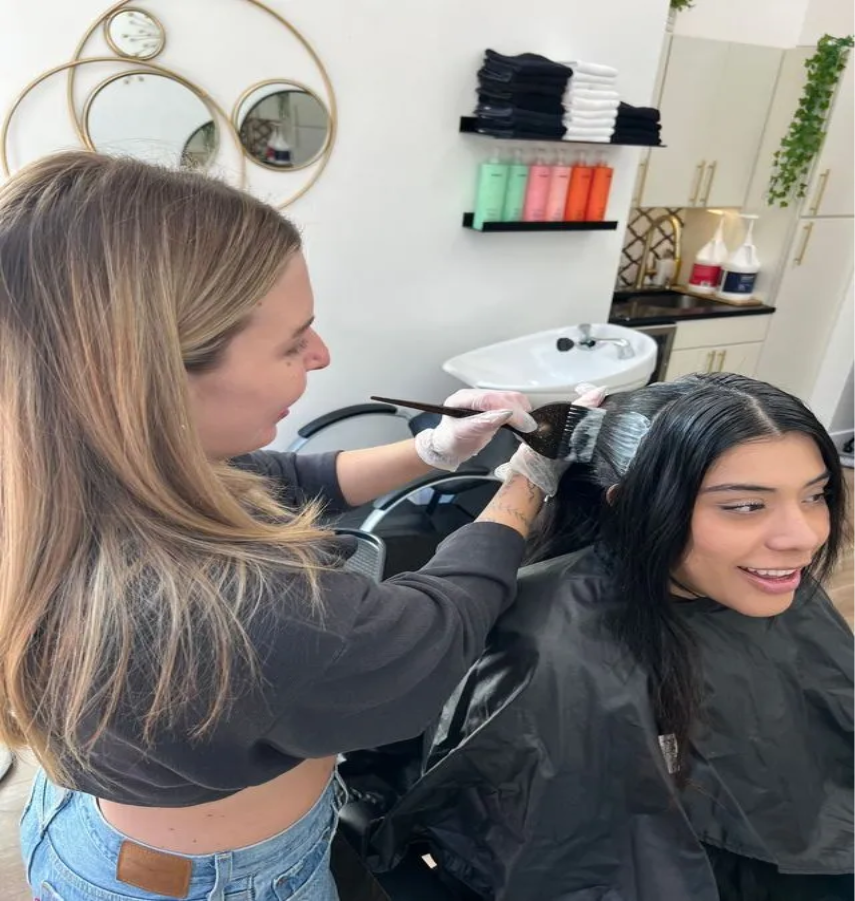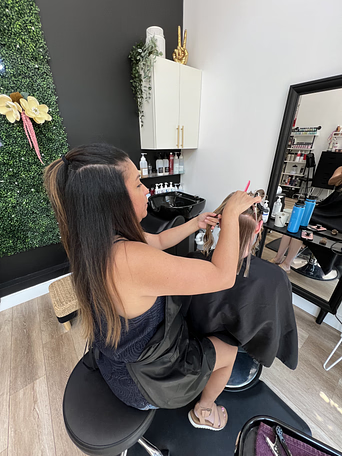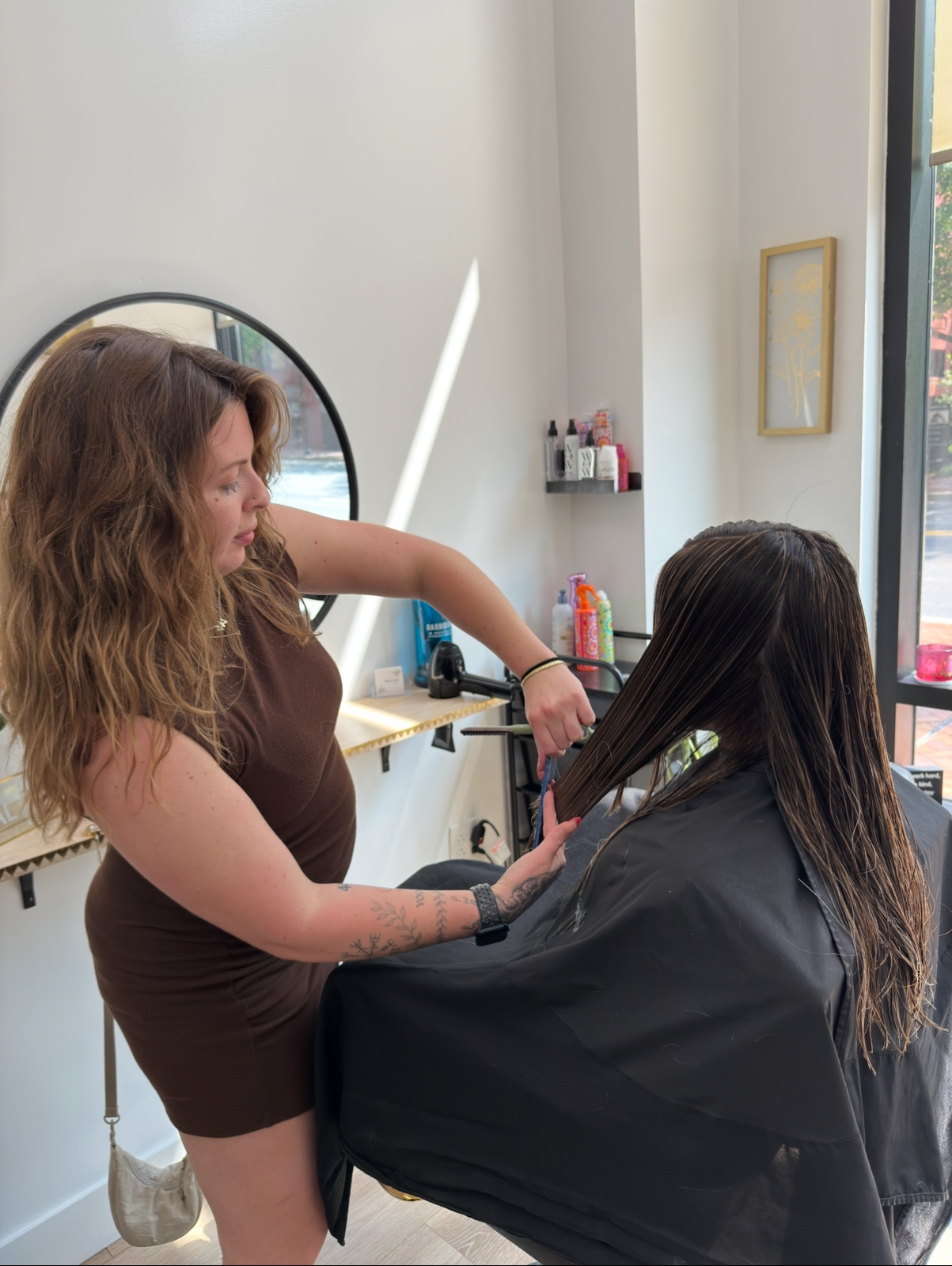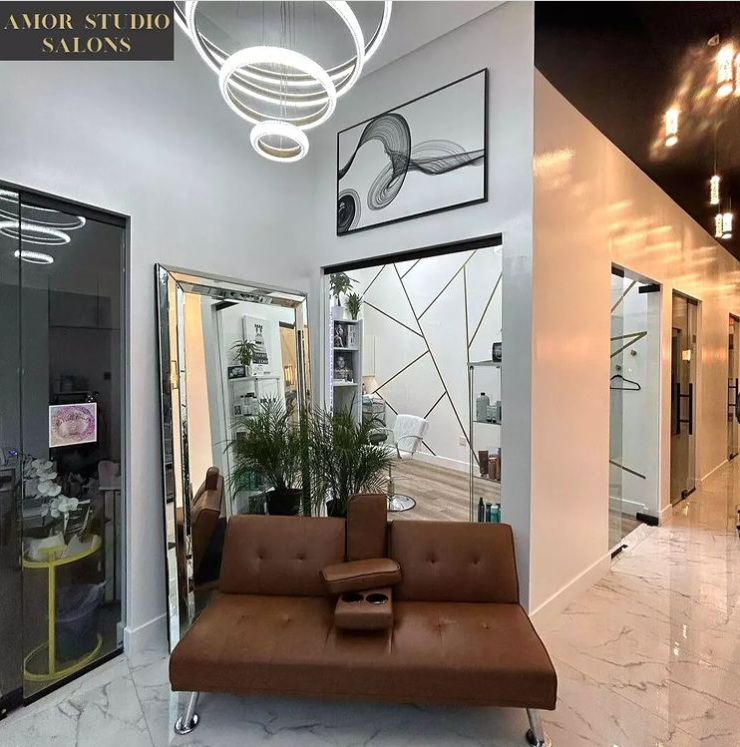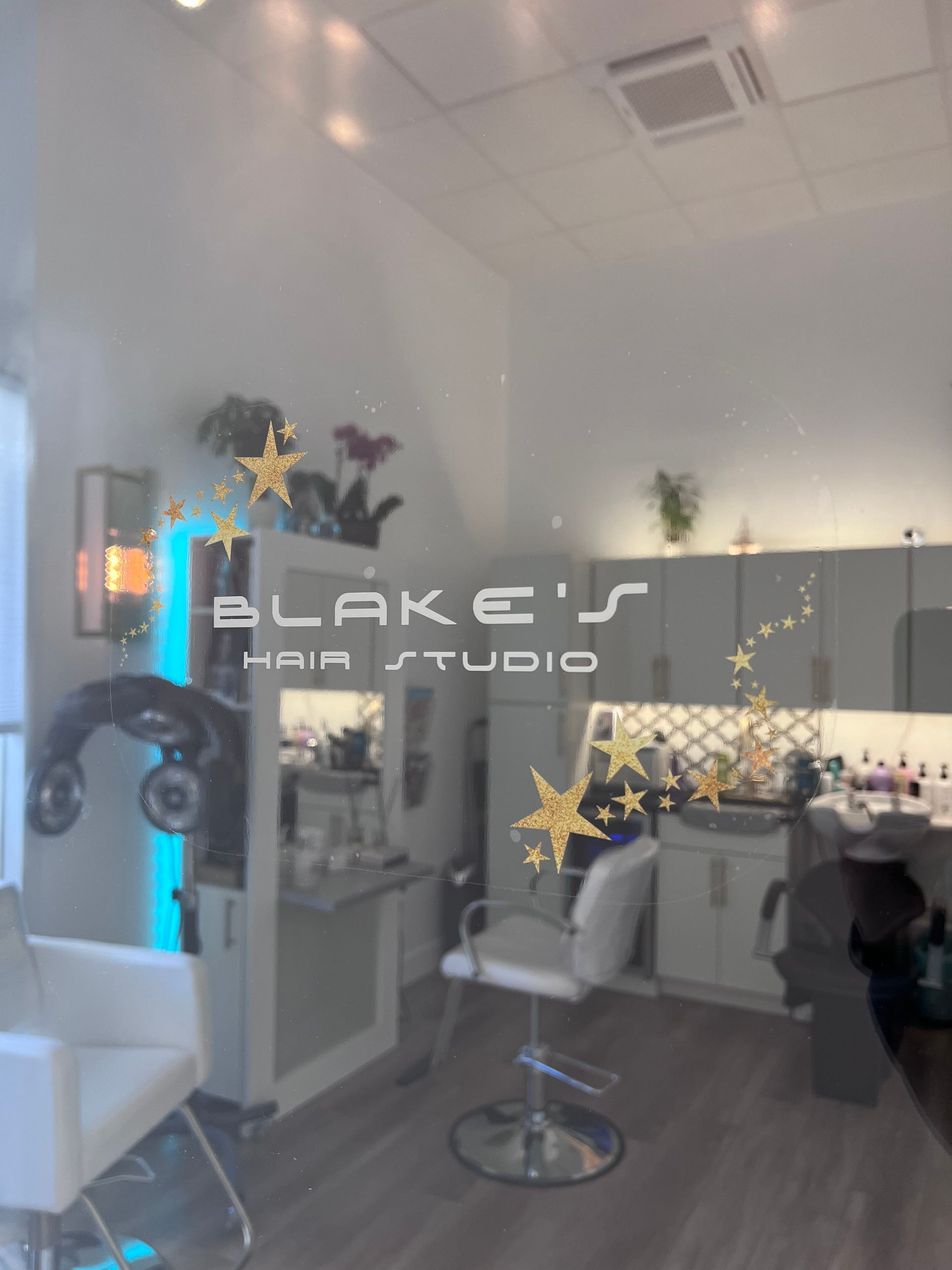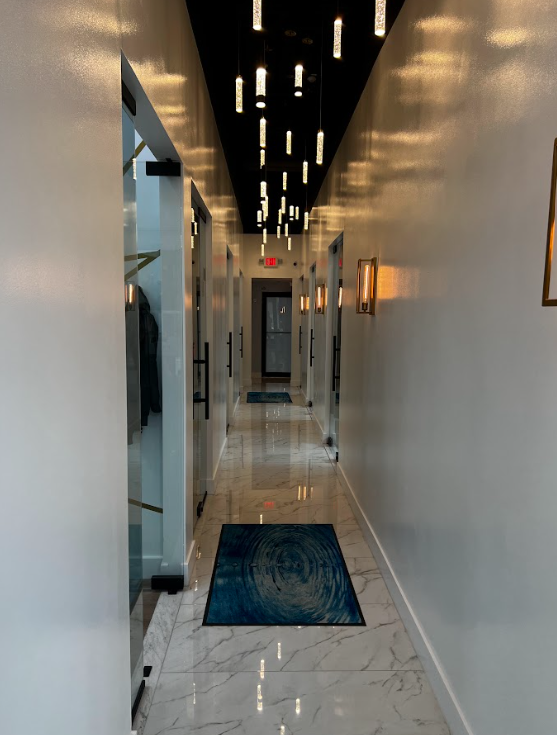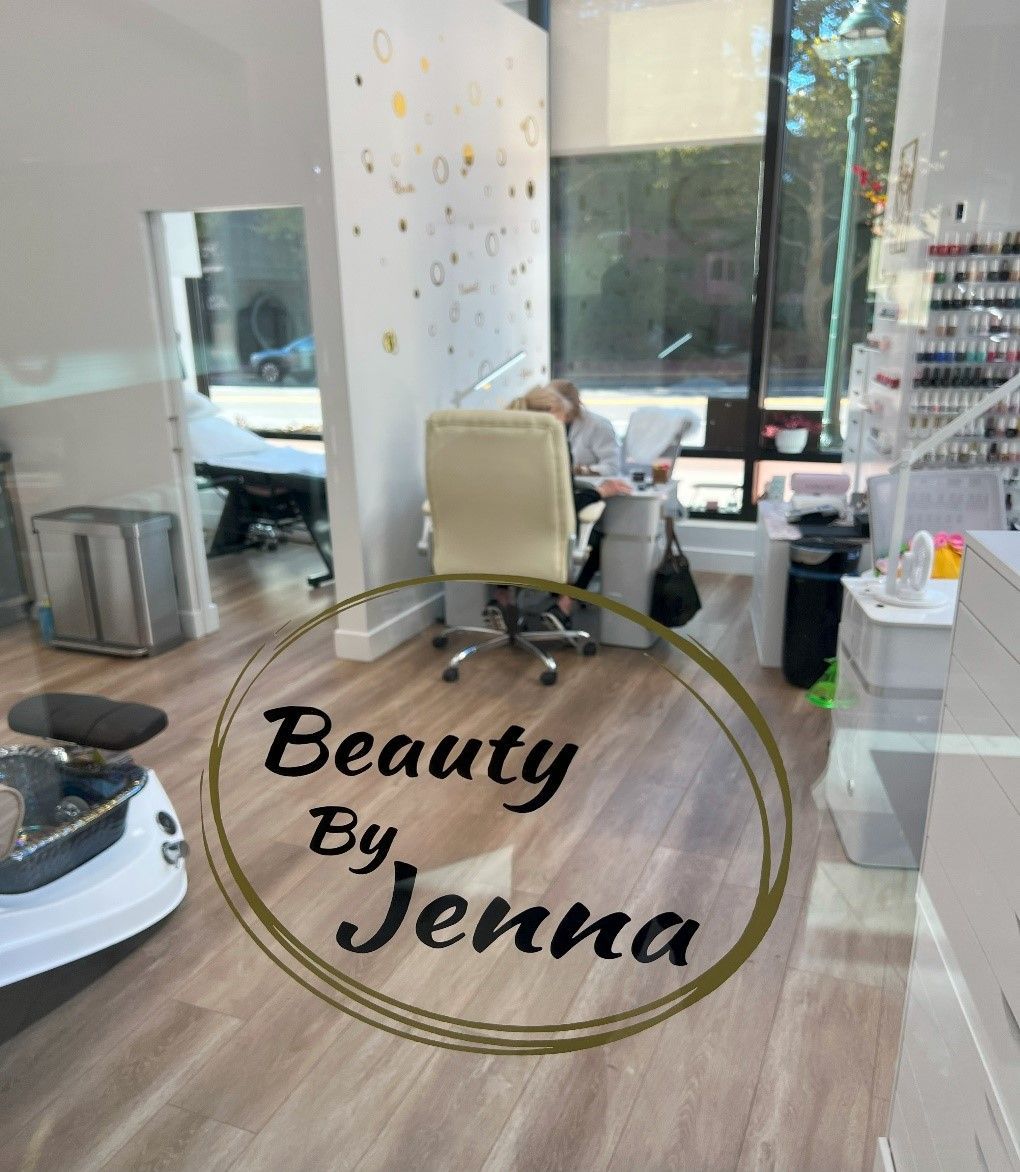Understanding Lease Agreements: 5 Key Numbers to Watch
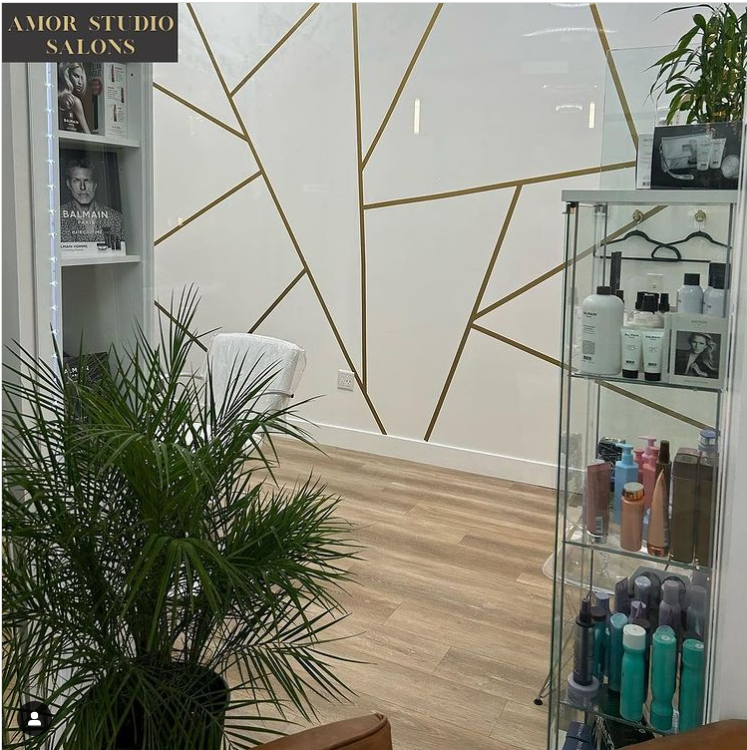
Navigating the complexities of lease numbers is essential for your salon's financial health. In this comprehensive guide, I'll walk you through the five key numbers you should watch in lease agreements. By mastering these figures, you'll make informed decisions that can shape the success of your salon business.
Let's dive deep into the world of lease agreements and empower your salon journey!
1. Monthly Rent: Your Foundation for Salon Success
When establishing a salon studio, setting a budget for your monthly rent is the foundational step towards financial stability and business success. Here's a breakdown of the key aspects to consider:
Understanding Your Budget:
Before committing to a rental agreement, it's crucial to have a clear understanding of your financial capabilities. Analyze your budget meticulously, taking into account all your income sources and expenses. Calculate the maximum amount you can comfortably allocate to rent without jeopardizing your overall financial stability. It's essential to strike a balance between affordability and quality to ensure your salon studio remains profitable and sustainable.
Moreover, consider your projected revenue and operational costs. Estimate your expected earnings based on the services you offer, pricing structure, and potential client base. Simultaneously, factor in all operational costs, such as supplies, utilities, marketing, and administrative expenses. By evaluating both your income and costs, you can arrive at a feasible monthly rent budget that aligns with your financial goals.
Negotiating Rent:
Research plays a pivotal role in negotiating a favorable rent for your salon studio. Begin by exploring comparable spaces in your area to understand the prevailing market rates. Evaluate studios with similar sizes, locations, and amenities to gauge the average rent range. This research equips you with valuable insights, enabling you to negotiate from an informed standpoint.
When negotiating with the landlord, be confident in presenting your budget and market research. Clearly articulate your financial constraints and expectations. Discuss how your budget aligns with the current market rates and why your proposed rent is reasonable and fair. Negotiating not only involves discussing the monthly rent but also considering factors such as lease duration, potential rent increases, and included amenities or services.
Securing a favorable monthly rent is essential for maintaining financial stability and ensuring your salon studio's profitability. By conducting thorough research, understanding your budget constraints, and negotiating effectively, you can establish a solid foundation for your business endeavors. This proactive approach not only safeguards your financial well-being but also sets the stage for a thriving and prosperous salon studio venture.
2. Common Area Maintenance (CAM) Charges: Unveiling Hidden Costs
When leasing a space, understanding Common Area Maintenance (CAM) charges is crucial to avoid unexpected expenses. Here's a detailed breakdown of what you need to know:
Identifying CAM Charges:
CAM charges are fees associated with maintaining shared spaces within a commercial property, such as lobbies, hallways, restrooms, and parking lots. These charges contribute to the upkeep, cleanliness, and overall functionality of the common areas.
When leasing a salon studio, it's essential to request a detailed breakdown of CAM charges from the landlord or property management. Understanding what services are covered and their associated costs provides transparency and ensures you are aware of the additional expenses involved.
Avoiding Surprises:
To prevent unwelcome surprises in your budget, it's imperative to clarify how CAM charges are calculated. Some landlords might calculate these charges based on the square footage of your rented space, while others use a pro-rata method, distributing costs among all tenants based on their leased area's percentage of the total property.
Understanding the calculation method helps you anticipate the costs more accurately.
Additionally, inquire about the existence of a cap on CAM charges. A cap sets a limit on how much these charges can increase within a specific period, preventing unexpected spikes in expenses. Negotiating a cap with the landlord is a strategic move to maintain financial predictability.
Having a cap in place provides stability, ensuring that your operational costs remain within a manageable range, even if there are fluctuations in the maintenance expenses of common areas.
By clarifying the calculation methods and negotiating a cap on CAM charges, you can effectively manage these hidden costs. This proactive approach not only promotes financial stability but also enables you to budget more accurately, allowing you to focus on growing your salon business without the worry of unexpected financial burdens.
Understanding and addressing CAM charges are essential steps towards maintaining a financially sound and successful salon studio.
3. Security Deposit: Safeguarding Your Investment
When leasing a salon studio, the security deposit plays a crucial role in protecting your investment. Here’s an in-depth look at what you need to consider:
Understanding Security Deposit:
Security deposits, a standard practice in leasing agreements, act as a financial safeguard for landlords. Typically amounting to a few months' worth of rent, these deposits serve as a security net for the landlord in case of unpaid rent, damages, or breach of the lease agreement.
As a tenant, it's essential to fully comprehend the terms related to the refunding of the security deposit. Clear understanding of the conditions, including deductions for damages or unpaid rent, ensures transparency and helps you anticipate the return process.
Mitigating Risks:
To protect your interests and ensure a smooth deposit refund process, documenting the condition of the space before moving in is imperative. Take detailed photographs and notes, highlighting any existing damages or issues within the studio.
By maintaining a comprehensive record, you can avoid disputes and prove the condition of the space at the beginning of your lease. This documentation acts as evidence in case disagreements arise when reclaiming your deposit at the end of the lease term.
Additionally, when negotiating the lease agreement, consider discussing the security deposit amount with the landlord. Negotiating for a reasonable deposit helps mitigate initial financial strain. A mutually agreed-upon amount that aligns with the property's condition and market standards ensures that you can secure the space without exhausting your resources, allowing you to allocate funds to other crucial aspects of your salon business.
4. Lease Term Length: Making the Right Choice for Your Salon Business
When deciding on the lease term for your salon studio, it's crucial to weigh the options carefully. Here's a detailed analysis of the considerations between long-term and short-term leases:
Evaluating Lease Term Options:
When choosing between short-term and long-term leases, it's essential to align your decision with your long-term business goals. Short-term leases typically span a few months to a couple of years, offering flexibility that can be advantageous for businesses with uncertain futures or those planning for rapid expansion.
On the other hand, long-term leases typically extend over several years, providing stability and potential negotiation power due to the commitment.
Weighing Pros and Cons:
Short-Term Leases: Short-term leases are ideal for businesses that require flexibility. They offer the freedom to relocate or adjust your space requirements relatively easily. This flexibility is valuable for startups, experimental ventures, or businesses in rapidly changing markets. However, the drawback lies in the need for frequent renegotiations and potential instability if market conditions fluctuate.
Long-Term Leases: Long-term leases provide stability, allowing you to establish a secure business presence. They often come with the advantage of a predictable rental rate and can offer potential negotiation power, especially if you commit to a multi-year agreement. However, the downside is the limited ability to adapt to changing market conditions. Your business might outgrow the space, or economic shifts could affect the area's desirability, potentially impacting your ability to remain competitive.
The choice between a long-term and a short-term lease should align with your business strategy and growth trajectory. If your salon business is in a stable market and you have a clear long-term vision, a long-term lease might provide the stability and cost predictability you need. However, if your business is in a dynamic industry, or you're just starting and exploring different avenues, a short-term lease can offer the flexibility required to adapt and thrive.
It's essential to carefully evaluate your business goals, market conditions, and financial capabilities before making a decision. Whether you prioritize flexibility or stability, choosing the right lease term is a pivotal step toward ensuring the success and sustainability of your salon business.
5. Renewal Options and Rent Escalation Clauses: Strategic Planning for the Future
When leasing a salon studio, it's essential to plan for the future by understanding renewal options and rent escalation clauses. Here's a detailed exploration of these crucial aspects:
Understanding Renewal Terms:
Negotiating renewal options in your lease agreement is a strategic move that grants you the flexibility to extend your lease beyond the initial term. Ensure you understand the renewal terms, including the notice period and conditions outlined in the agreement.
Being aware of the process and timeline for renewal helps you plan ahead, ensuring that you can make informed decisions about the future of your salon business. Having a clear understanding of the renewal terms prevents misunderstandings and allows you to secure your space seamlessly if you decide to continue your lease.
Rent Escalation Clauses:
Rent escalation clauses outline how and when your rent will increase over the course of your lease. It's crucial to pay close attention to these clauses to anticipate future financial commitments. Negotiating the terms of rent escalation is vital for maintaining your salon's financial stability.
One common approach is to negotiate fixed-rate increases, where the rent increases by a predetermined amount at specified intervals. Fixed-rate increases provide clarity and allow for precise financial planning, enabling you to budget effectively.
Alternatively, negotiating caps on percentage-based increases restricts the maximum percentage by which your rent can escalate. Caps provide a safeguard against significant, unexpected spikes in rent, ensuring that your salon business can adapt to gradual increases without straining your budget.
Understanding and negotiating renewal options and rent escalation clauses are strategic steps in planning for the future of your salon business. By securing favorable renewal terms and carefully negotiating rent escalation clauses, you can ensure financial stability, make informed decisions, and create a solid foundation for your salon's long-term success.
Proactive negotiation and a clear understanding of these elements empower you to protect your investment, allowing your salon business to thrive and grow in the years to come.
FAQs: Demystifying Lease Agreement Queries
Q1: How can I negotiate a favorable lease agreement as a new salon owner?
A1: Research market rates, understand your budget, and enlist the help of a professional real estate advisor to negotiate terms that align with your business goals.
Q2: What should I do if I encounter hidden charges in my lease agreement?
A2: Seek clarification from the landlord about any ambiguous terms. If necessary, consult a legal expert to ensure transparency and fairness in the agreement.
Q3: How frequently should I review my lease agreement, considering market changes?
A3: Regularly review your lease, especially before renewal. Stay updated on market trends to leverage negotiation opportunities and ensure your lease terms remain competitive.
Your Lease Agreement, Elevate Your Salon Business!
Armed with these key numbers and insights, you're now equipped to approach lease agreements with confidence. If you have further questions or need personalized guidance on your specific lease situation, reach out to us today at Info@amorstudiosalons or call us at 240-753-7264. Our experienced advisors are here to help you make savvy decisions that enhance your salon's financial stability and growth.


